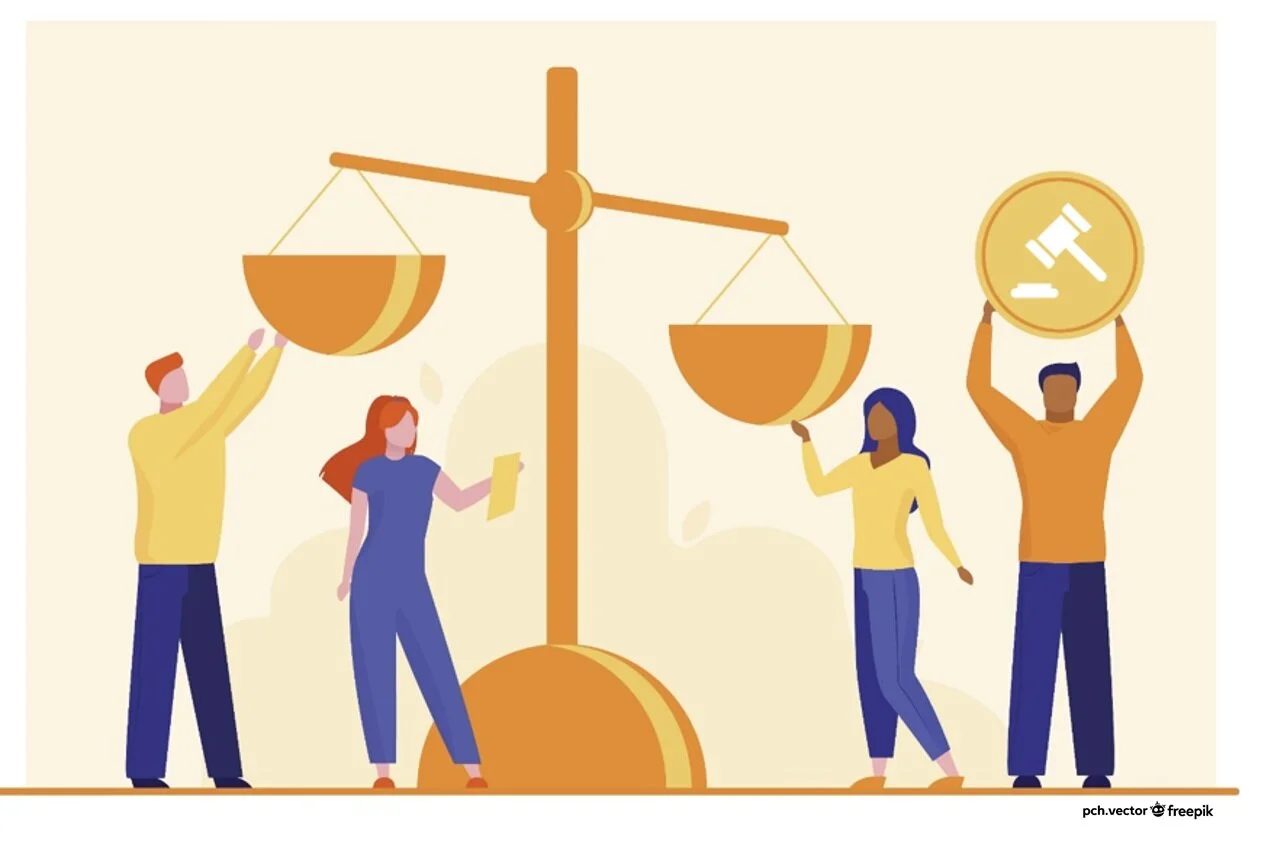Unethical behaviors are quite wide-spread in organizations and they may be caused by perceived unfair performance appraisals. Let's see how to reduce them.
Read MoreOften, there are discrepancies between one’s own evaluations and the evaluations done by others. Such differences could be induced by cultural influences. Let’s see how!
Read MoreEmployees’ satisfaction is clearly affected by the feedback and evaluations received from their managers. It is often assumed that laxer evaluations, might lead to greater employee satisfaction with performance; yet, this is not necessarily the case all the time. Let’s see why.
Read MoreAccurate assessments of employee performance are much needed in organizations. To mitigate the use of heuristics in assessments, raters can be and should be trained to improve their rating accuracy. One effective and frequently used rater training approach is the frame‐of‐reference (FOR) training.
Read MoreWhile there are controversies about performance appraisal (PA) effectiveness, there are still many who advocate the PA programs and believe the issue is due to poor implementation of the practice rather than the practice itself. Supervisors as the main implementer can be influential.
Read MoreHave you experienced being perceived as unfair after evaluating the performance of your collaborators? Let’s see why and how to avoid it…
Read MoreHow to build assessment instruments and which format should they have? Is it best to rely on “numbers”, or should we rely on “words”?
Read MoreThe findings of a study by Chiang and Birtch (2010) offer relevant insights on the impact of culture on the following performance management components: PM System’s purpose, formal and informal feedback, employee participation, rating source.
Read More…the recently expected informal performance communications highly depend on managers’ willingness and proactivity. Hence, organizations are responsible to ensure managers’ training, and also to track and reward the intended behaviors.
Read More







